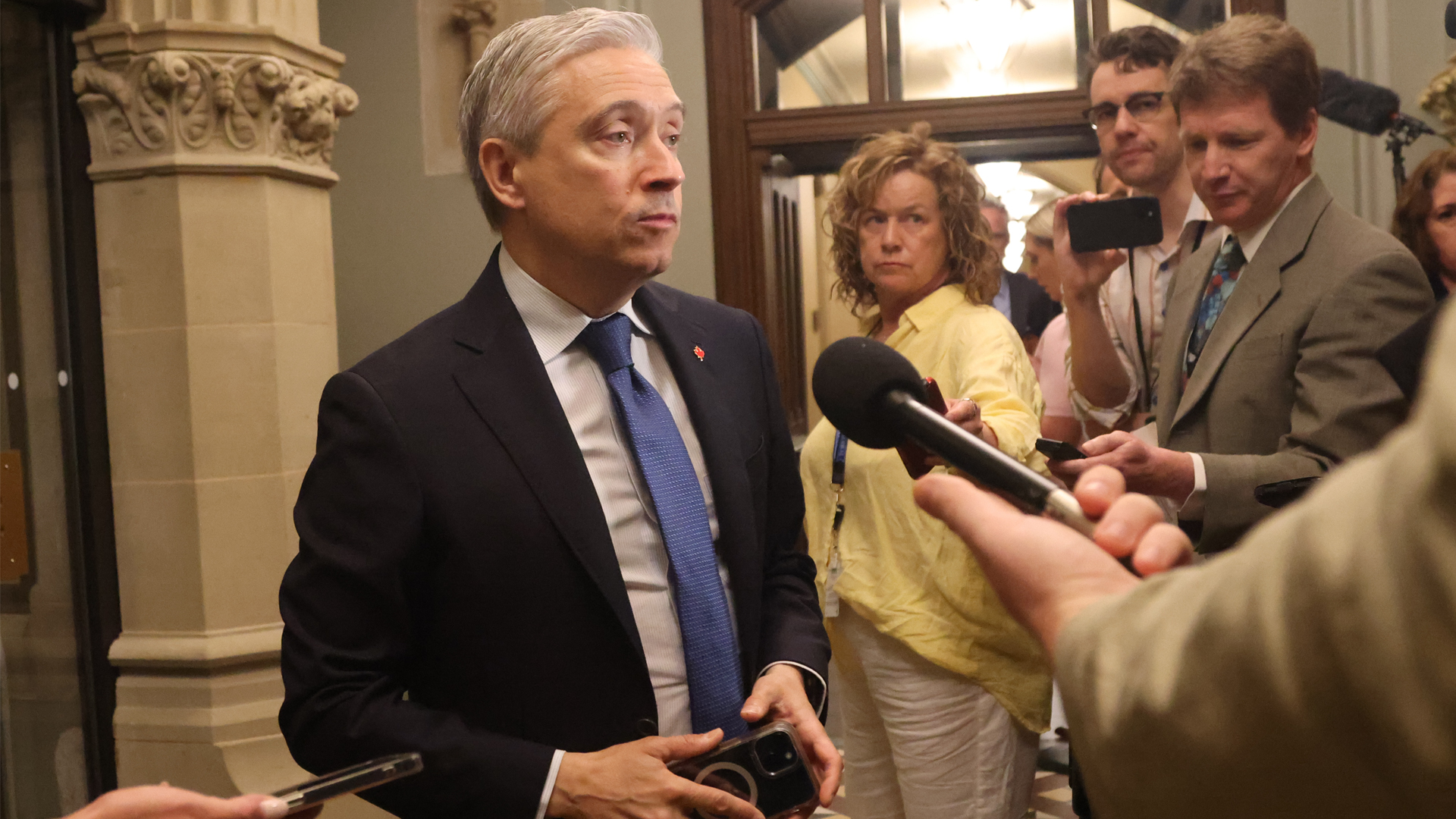
The $19-billion agreement between Ottawa and the provinces announced on July 16 delivered what municipalities and experts have long been calling for: support for municipalities to cover deficits resulting from the pandemic, and specific funds for transit systems that have been devastated by drops in ridership.
Since July 16, many provinces have announced matching funding for municipal operating costs and transit systems. And while there is no certainty that this funding will cover all municipalities’ needs, particularly in the event of a second wave, the agreement should be recognized as an important step. For one, it offers short-term relief and certainty for municipalities. Second, the agreement, while ostensibly a transfer agreement between the federal government and provinces, incorporates the needs and viewpoints of municipalities. It is not negligible in the history of Canadian federalism that Chrystia Freeland, the deputy prime minister, made a point of thanking mayors and municipalities several times in her announcement.
Going forward, such a trilateral perspective — meaning federal, provincial and municipal — needs to be expanded. In the short term, it was imperative for Ottawa and the provinces to come together to help municipalities. In the long term, we must recognize that the problem at the root of the agreement — that municipalities and provinces faced costs that they could not cover alone — highlights a structural issue that we now must turn our attention to.
Canada’s federal structure is outdated and needs to be corrected. We can start on the path toward fixing the issue in two ways. First, we need to recalibrate the division of responsibilities between orders of government. In other words, we must rethink who does what and how we pay for it. Second, we need to normalize and formalize the trilateral relations that the new agreement hints at but doesn’t entirely fulfill. That means ensuring municipalities, and particularly big cities, are directly involved in negotiations and agreements on issues that affect them. Municipalities need to have a seat at the table.
The first item — rethinking who does what — addresses a reality that COVID-19 has helped to lay bare: while the brunt of the pandemic’s impact has been felt by municipalities and provinces, the bulk of the fiscal power lies in federal hands. For this reason, Ottawa has rightfully opened its pocketbook to face this crisis and has acknowledged its role in helping other orders of government to cover costs from the crisis.
However, the solution to the overburdening of municipalities and provinces cannot be only transfers and time-limited agreements. We need to acknowledge that municipalities have responsibilities — such as climate change adaptation, childcare, immigrant services and more — beyond what was expected even a few decades ago. And they pay for all of these services largely through the property tax. We also need to acknowledge that demographic pressures over the coming decades will have a disproportionate effect on provinces in particular, given their responsibility for healthcare. We must ensure that both municipalities and provinces are able to do their work and meet their challenges without sacrificing their fiscal health.
Other experts have called for a commission to look at these issues. We agree with this recommendation. And unlike in similar past exercises, we cannot exclude municipalities. In a paper co-written with Gabriel Eidelman, we put forward six principles for a similar exercise in Ontario. These principles — which include ensuring “pay for say,” avoiding unfunded mandates and considering revenue capacity — could help guide a process to examine federal-provincial-municipal relations more broadly.
Establishing such a process won’t solve every problem, however. Recalibrating our federal structure will hopefully put municipalities and provinces on better fiscal footing, but there will still be areas where coordination between orders of government will be required.
Going forward, such coordination needs to be trilateral, rather than bilateral. Decisions taken on immigration, infrastructure and public health, to name a few examples, have significant effects on municipalities. In cases where there is insufficient funding for programs, municipalities often bear the cost of filling gaps in services.
Canada has a history of establishing trilateral agreements, but they are the exception to the rule. That needs to change. In the aftermath of COVID, we will hopefully see investments in infrastructure, particularly in social infrastructure like childcare and long-term care. Municipalities, and particularly large cities, should not need to wait to see what arrangements the provinces and Ottawa agree to. They should be part of the discussion.
The July 16 agreement between Ottawa and the provinces is an important milestone. But it also highlights the needs for deeper reforms. Now the rest of the work begins.
Photo: Toronto skyline and Lake Ontario. Shutterstock.com, by R.M. Nunes









